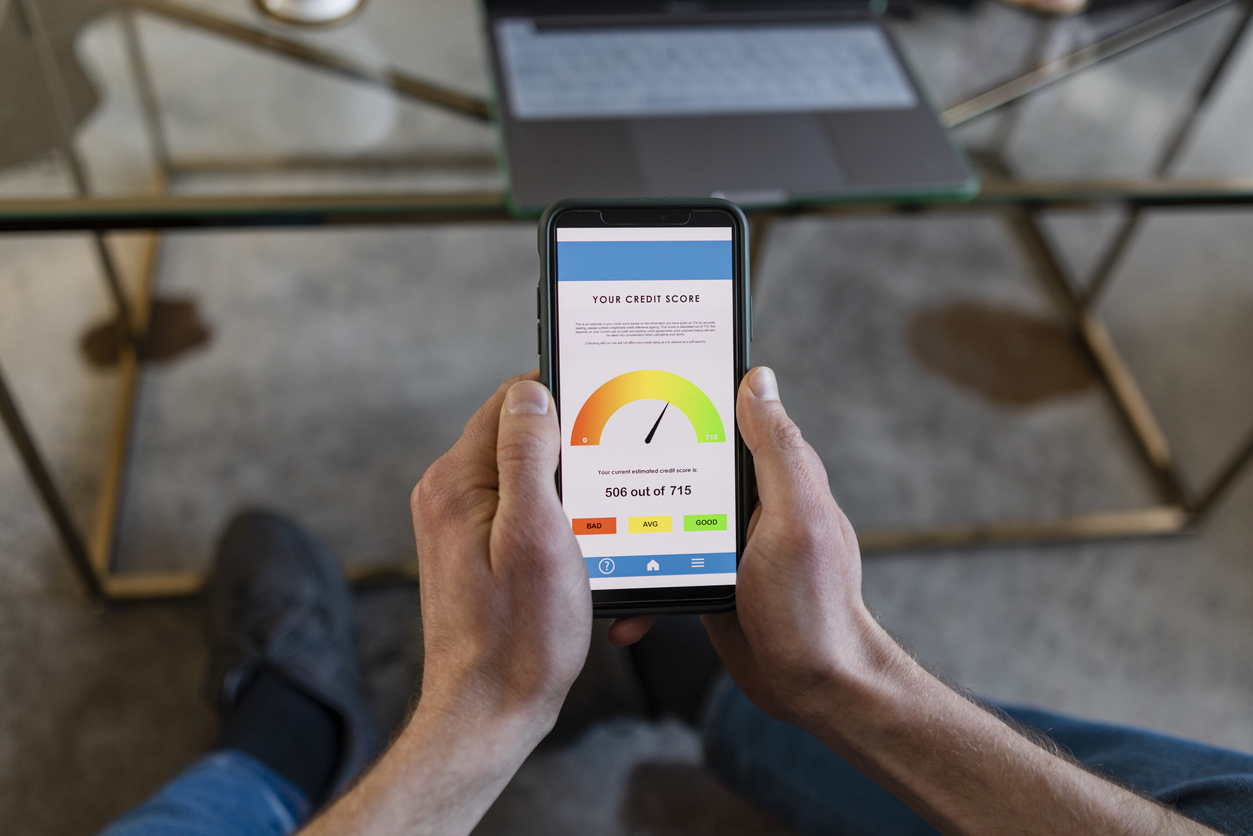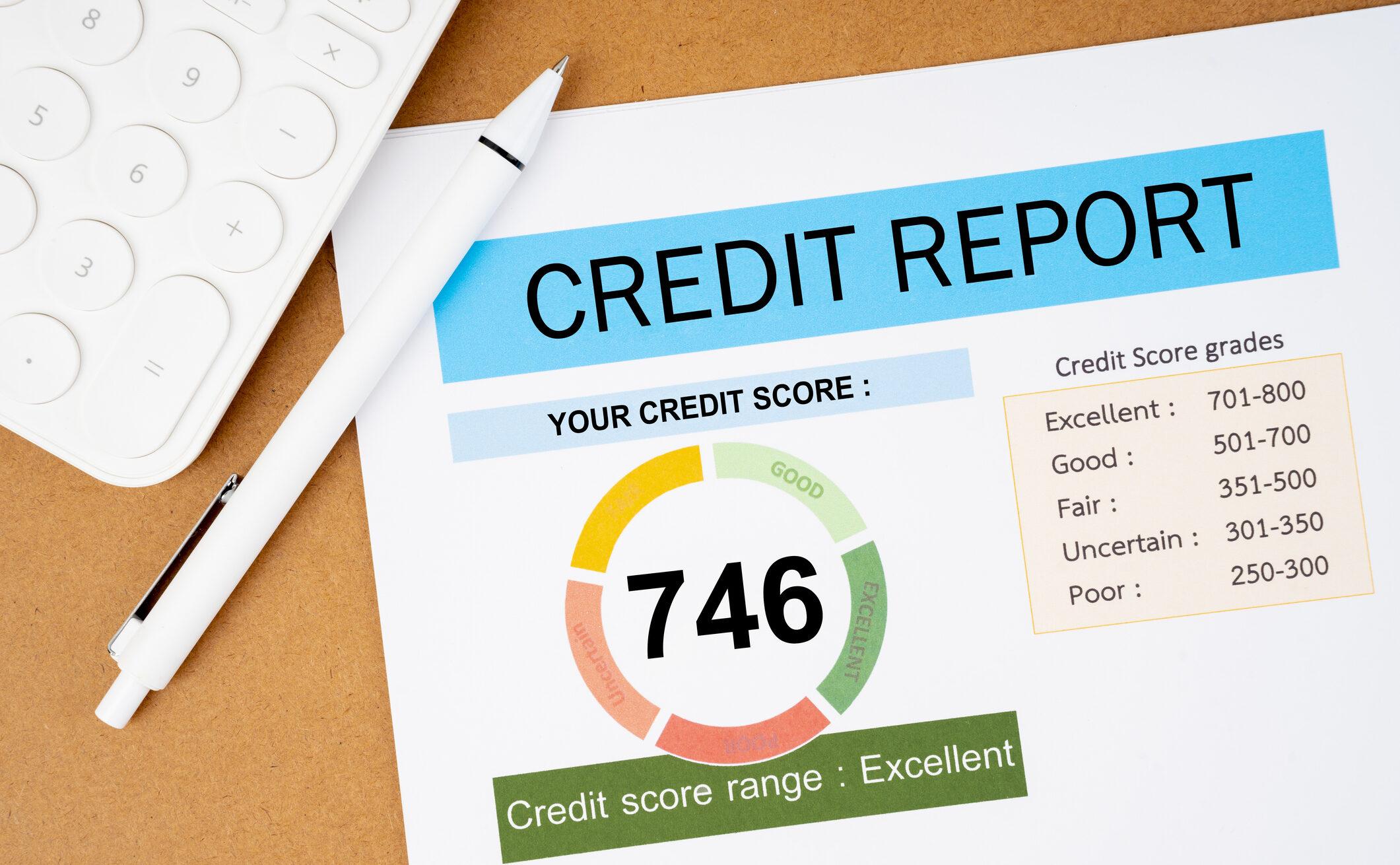
Key Takeaways
-
Five main factors determine your credit score: payment history, total amount owed, length of credit history, types of credit and new credit.
-
Lenders – such as banks and credit card companies – use your credit score to assess how likely you are to pay off your debt on time.
-
One way to improve your score is by taking out a HEA, then using the funds responsibly. You can use the lump sum you’ll get to pay your bills on time or eliminate old debt.
Has your FICO score seen better days? Things may not be as bad as you think. By taking out a Home Equity Agreement (HEA), you may be able to improve your score. Keep reading to find out how an HEA helps with credit repair, plus other tips for boosting your FICO score.
What is a Credit Score?
A credit score is a number that typically ranges somewhere between 300 and 850. The exact figure depends on your credit track record, including total levels of debt, repayment history, how many open accounts you have and other factors.
Your credit score comes into play for many things, including when you apply for:
-
Auto loans
-
Mortgages
-
Credit cards
-
Personal loans
Banks, credit card companies and other lenders will use your credit score to gauge your creditworthiness. That’s just a fancy way of saying how likely it is that you’ll repay them on time. They will also use your credit score to determine your interest rates and credit limits.
The higher your score, the better you look to potential lenders. If you have a higher score, it’s usually easier to qualify for a credit product and get a better interest rate.
Another thing you should keep in mind is that you don’t have just one credit score. Three main credit reporting agencies all collect credit data on individuals and calculate scores. Your scores from the three could vary, depending on the scoring model and calculation the agency uses, and when the calculation was made.
Your score will also change as your financial situation evolves, which means it can improve over time.
How Do Credit Reporting Agencies Determine Your Credit Score?
The three main credit reporting agencies collect, store, update and report people’s credit histories. They use the data they collect for your credit reports to calculate credit scores using mathematical formulas, or scoring models.
FICO is the most popular scoring model which financial institutions currently use. The word is an acronym for the Fair Isaac Corporation, which originally introduced the model in 1989.
What Are the Five Main Credit Score Factors?
As a general rule, lenders will look at five key factors from your credit history to calculate your FICO score:
Payment history: This is the most important factor. It counts for 35% of your credit score, as it shows whether you pay your obligations on time.
Total amount owed: This counts for 30%. It takes into account your credit utilization, which is the percentage of your total available credit that you’re currently using.
Length of credit history: This factor counts for 15%, and looks at these factors:
-
How long your credit accounts have been established
-
How long specific credit accounts have been established
-
How long it has been since you used certain accounts
Lenders consider longer credit histories less risky, as they provide them with more data about your payment history.
Types of credit: This only counts for 10%, and refers to the mix of different types of credit you have, such as with mortgages, auto loans and credit cards.
New credit: This also counts for 10%. Lenders will want to know how many new accounts you have or have applied for, and when.

What makes a good credit score?
While lenders may set their own credit ranges, most use the standard FICO score range:
800-850: Excellent
740-799: Very good
670-739: Good
580-669: Fair
300-579: Poor
Credit scores of 670 or above may result in lower interest rates; scores of 740 or above usually will qualify you for the best rates possible. In contrast, if your score is below 670, lenders will normally consider you a subprime or high-risk borrower. As a result, they will often charge you higher interest rates, set shorter repayment terms, or require a co-signer.

How to boost your credit score and your overall financial health
Your FICO score changes with each update of your credit report. Depending on the new information, your score can rise or fall. The good news is that there’s a lot that you can do to improve your credit score. Here are some ways to do that.
Pay Bills on Time
Your payment history accounts for 35% of your credit score, so you should prioritize paying bills on time. Payments that are even a few days late can have a significant negative impact.
To ensure that you don’t miss any payments, set up reminders through your online banking portal or enable automatic payments through your financial institution, or loan and credit card providers.
In general, you’ll need six months or more of on-time payments to see a difference in your score.
Don’t Close Your Credit Card Accounts
Even if you have a credit card you’re not using, don’t close the actual account, as this could hurt your FICO score. In general, the longer you hold a credit card account, the more valuable it is in your credit score determination.
Keeping your credit card accounts open also affects your credit utilization. For example, let’s assume you have two credit cards, with a total credit limit on the cards of $10,000, and a $2,000 balance. That means you would have a 20% credit utilization rate. If you closed one of those accounts, and still had that $2,000 balance, your credit utilization rate would increase to 40%. Since FICO scores favor lower utilization rates, your score could drop, all other factors being equal.
Up Your Credit Line
Instead of closing a credit card account, you could ask your provider about increasing your credit limit, but then refrain from using the card. This can help lower your credit utilization rate.
Take Out a HEA and Use the Funds to Eliminate Debt
A Home Equity Agreement allows you to receive a lump sum of cash today without getting a new loan. You can then use the money to eliminate old debt, make sure you pay all bills on time.
In exchange, the HEA provider will get a share of the proceeds when you sell your home at the end of the term, usually in 10 years. Alternatively, you can buy the HEA provider out and keep all of your proceeds.
For more tips on how to improve your credit score, check out this video:
The blog articles published by Unlock Technologies are available for informational purposes only and not considered legal or financial advice on any subject matter. The blogs should not be used as a substitute for legal or financial advice from a licensed attorney or financial professional. Links in our blog posts to third-party websites are provided as a convenience and are for informational purposes only; they do not constitute an endorsement of any products, services or opinions of the corporation, organization or individual. Unlock Technologies bears no responsibility for the accuracy, legality, or content of external sites or that of subsequent links.


